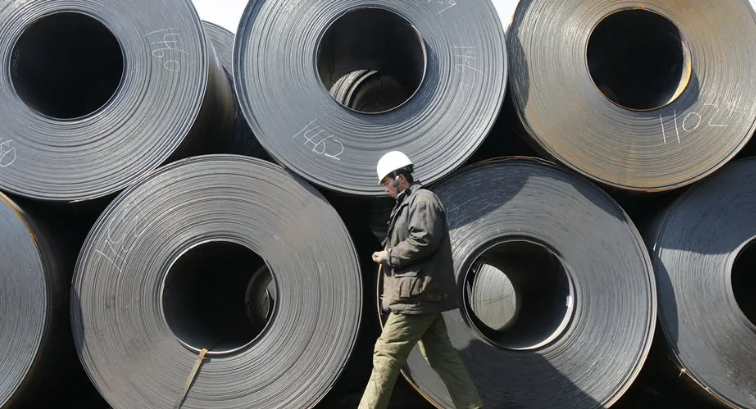

The US government has introduced new regulations aimed at companies from China and other nations using Mexico as a conduit to avoid tariffs on aluminium and steel shipments. Under the new rules, these firms must demonstrate the origin of their products if they wish to circumvent border taxes.

About the initiative
This initiative, announced by the White House, underscores President Joe Biden's efforts to demonstrate his firm stance on China, particularly in the 2024 presidential election, where he faces competition from his predecessor, Donald Trump. These measures represent an expansion of protections initially implemented by Trump in 2018 under the guise of national security, aimed at safeguarding American steel and aluminium producers and could significantly influence the upcoming election.
The tariffs, which included a 25 per cent tax on steel and a 10 per cent tax on aluminium imports, stirred controversy and triggered trade disputes worldwide. Initially, Mexico, a major trading company in the US, secured an exemption from these tariffs.
White House to review Mexico's exemption
However, the White House has now decided to review Mexico's exemption due to concerns that it has been exploited as a transit point to evade these taxes. This review could potentially alter trade relations with Mexico, a major trading partner of the US. Officials noted that a significant portion of steel and aluminium imports from Mexico last year—only about 13 per cent of steel and 6 per cent of aluminium—originated from outside North America.
About the new rules announced
The new rules, announced jointly with Mexican President Andres Manuel Lopez-Obrador, require companies shipping steel to the US to demonstrate that it has undergone melting and pouring processes in North America. This move aims to prevent further increases in imports, particularly as Chinese companies, impacted by a slowing domestic economy, seek alternative markets abroad. For aluminium, firms must prove it has yet to be smelt in China, Russia, Belarus or Iran.
"This is the right call by the Biden administration. China and other nations must not be allowed to exploit trade with our neighbours to avoid US trade enforcement," said the group's president, Scott Paul.
Upon assuming office, President Joe Biden sought to reduce trade tensions by replacing many tariffs introduced during the Trump administration with alternative measures such as quotas, particularly for countries like the UK. However, he also opted to maintain or expand other tariffs imposed initially by his predecessor—a significant departure from the longstanding American tradition of advocating free trade.
This shift in policy reflects a response to voter backlash against globalization, particularly prominent in crucial electoral states like Pennsylvania, historically a hub of the steel industry. Both Biden and Trump have emphasized their support for protecting the steel sector while appealing to voters in such states. Looking ahead, Trump has pledged to escalate his trade policies if re-elected, proposing a blanket 10 per cent tariff on all imports, with rates potentially reaching 60 per cent for goods originating from China.



Responses






